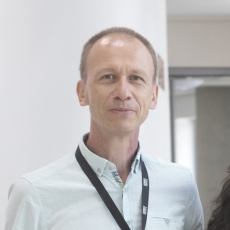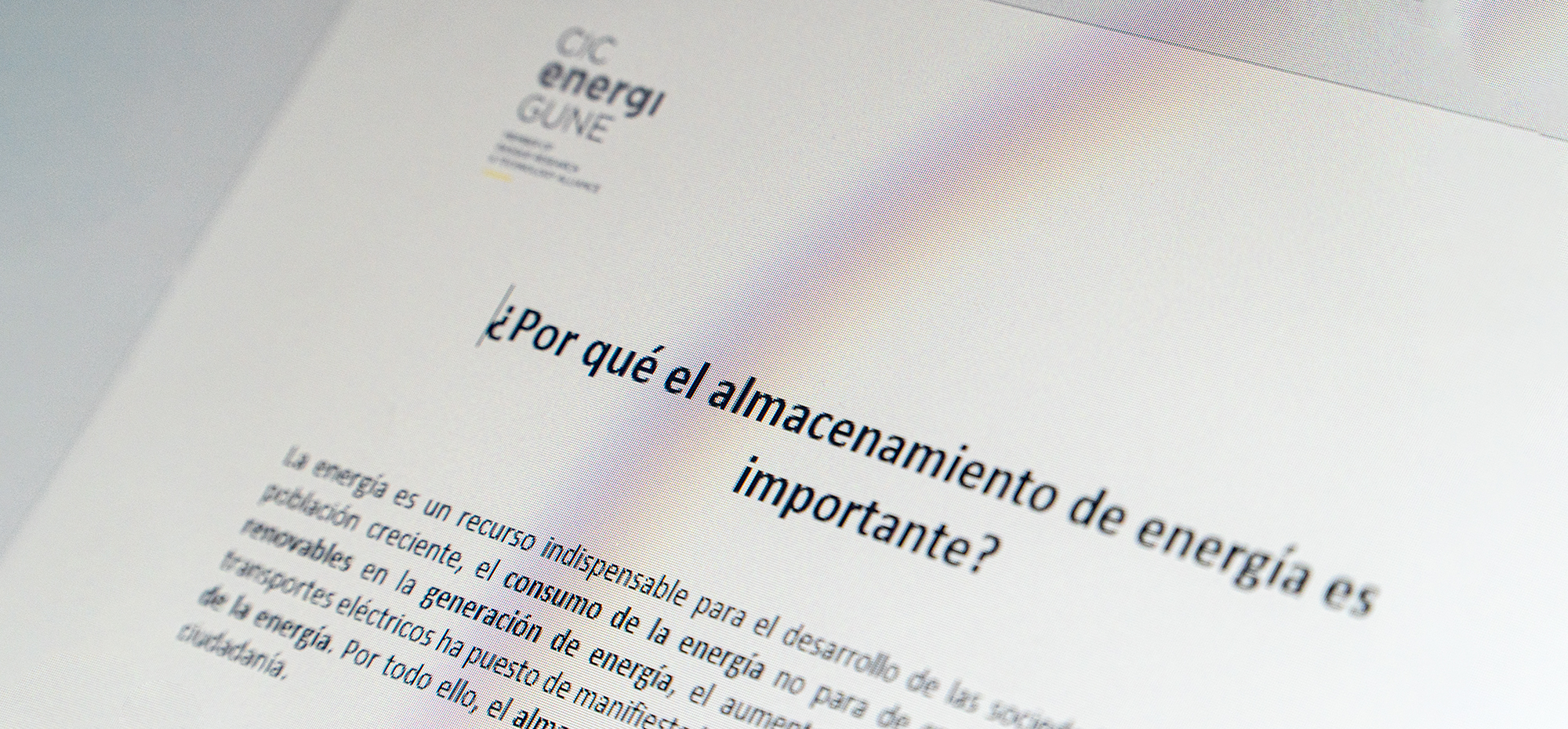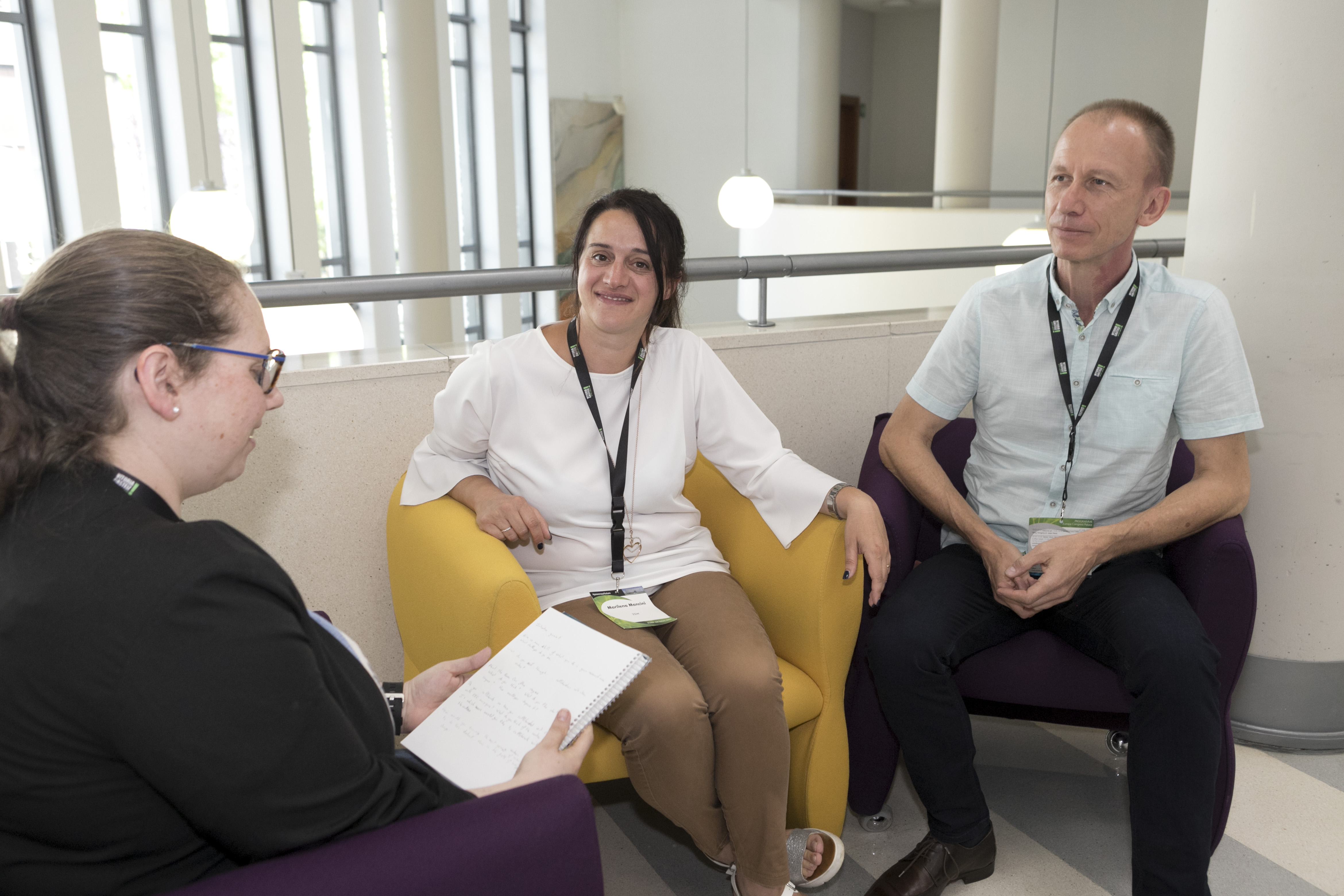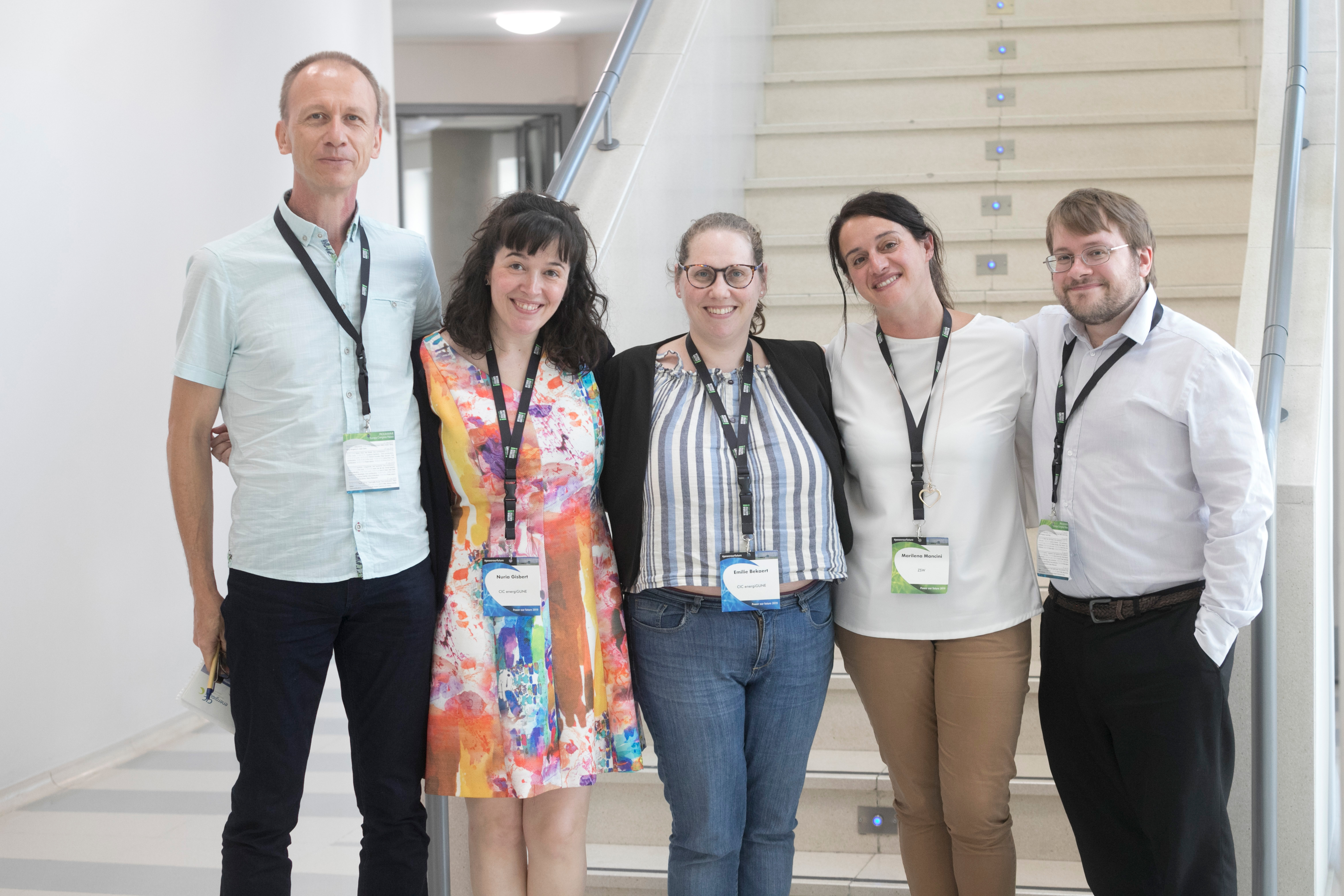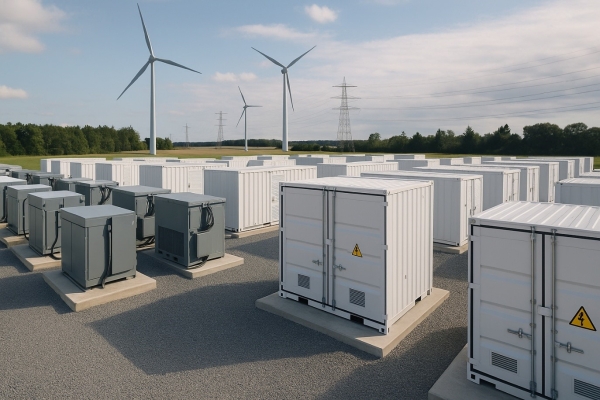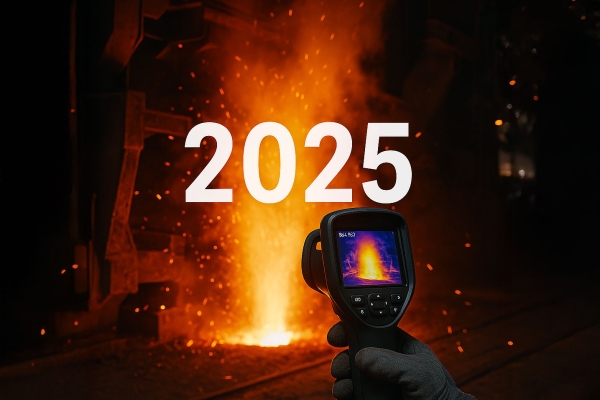Introduce yourself. Name Organization. Position. Expertise.
My name is Peter Axmann. I studied chemistry at the Georg-August-Universtity of Göttingen, Germany. During my diploma and PhD thesis I came in first contact with battery research, working on alkaline systems. In 1998, I joined the Accumulator Research Department (ECM) at the Zentrum für Sonnenenergie- und Wasserstoff-Forschung Baden-Württemberg (ZSW). Since then I lead many projects on cathode materials development, covering industrial and funded projects on national and European level, and had the chance to gain experience in electrode and cell development and understanding ageing phenomena. I´m deputy head of the department ECM and in the department responsible for the team materials synthesis and analyis.
Give us more details of what you do in your research area. What challenges do you see?
Energy is crucial for prosperity, and renewable energy is an intrinsic part of all sustainable energy concepts of the future. In this context, batteries are key to store electrical energy for mobile and decentralized stationary applications. With the strongly increasing demand for batteries cost and the availability of the raw materials become more and more important; most of the currently used batteries contain storage materials critical in terms of availablity and toxicity. These are strong drivers for the develoment of new active materials for batteries. In this context we are working on new storage materials for the future, based on available raw materials and targeting energy density, safety, and longevity. Our focus in material development is on particle design. We target to optimize performance and processability of the materials. We aim to understand the relationships between chemical composition. Real structure, crystallite size, particle architecture and size have a strong effect on the resulting electrochemical performance of the material. In our labs we have the facilities to tailor materials and to transfer synthesis into the > 10 kg scale, which is of high importance for going into prototype cells.
With overall three battery departments, ZSW covers the entire value chain from materials research, prototype development and production processes to application systems, quality tests and market analyses.
What do you seek through collaborations with other centers?
In order to contribute most effectively to the energy related challenges and to enhance speed of development, it is important that we can share expertise with experts from other institutions. It is a great way to synergize. And, of course, it is a pleasure to collaborate with partners from other centers and other countries, to see and learn from different points of view. Scientifically and personally.
Do you collaborate or have you collaborated with CIC energigune? What do you think of the centre? In which areas would you like to collaborate with the centre?
I visited CIC two times during the last years. I always enjoyed the high expertise of the scientists and the open and friendly atmosphere. We work on the same overall topic but with different focus. CIC is very strong in fundamental electrochemical science and ZSW works very close to industrial application. It is good to combine both strenghts and to synergize. We at ZSW have many fundamental questions to the materials in which we see a great chance to learn a lot from collaboration. During the last years we had two guest scientists from CIC in our labs to share experience in electrode development and scaling-up of materials. I would be happy to intensify collaboration with CIC. Joint projects can be a great opportuinity for that.
How would you encourage the next generation of researchers to do their doctoral thesis in the field of energy storage?
We have to face large challenges in energy questions and climate change. Energy storage is key for the future. This field it is not only exciting from a scientific point of view, moreover it contributes to solving energy challenges for future generations. And this is highly necessary. No question for me; this is a great chance for PhD students to learn and go into science and contribute.
